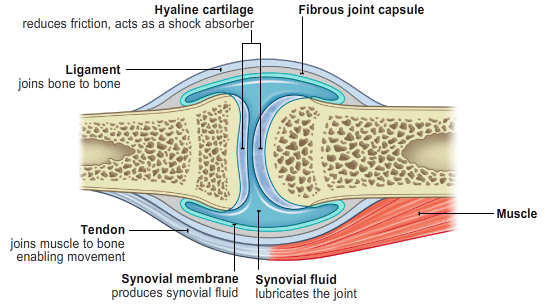
rubseb: The sound we hear is actually vibrating air that pushes against our eardrums, making them vibrate as well. But lots of things can vibrate (not just air), and when those things are in contact with air, they cause the air to vibrate as well. This is how materials can transmit or produce sound. For example, the sound of a violin is produced by the vibrations of its ~~snares~~ strings against the air. And the ~~snares~~ strings will also cause vibrations in the wood of the violin, which has a larger contact surface with the air, and thus amplifies the sound.
Sound ‘escapes’ the body because it makes the tissues in the body vibrate, and then those vibrations reach the air. It’s the same reason why inside a sealed (airtight) room you can still hear sounds produced outside: the sound is transmitted through the walls and (especially) the windows.
WRSaunders: Sound is a compression wave. You body’s structure is relatively good at transmitting waves of this type, that’s how sound gets from the air in your ear into the part of your ear that senses it.
pyr666: we don’t know 100% for sure, but the leading hypothesis is cavitation. the motion causes the fluid in the joint to form tiny gas bubbles which then violently collapse, making a “pop” sound.
Gravy_mage: Sound actually travels faster through solids (and liquids) than air because the next molecule to be pushed by the wave is closer in these media than in a gas. So sound speed is gas < liquid < solid. That’s all to say that it just goes from your meat space to the air space with a change in the medium, but no real problem for the wave propagation,but the sound exists inside you too. Think about hearing something with your head under water. The water is a different medium than we’re used to listening in, but our eardrums are still vibrated by it and so we can still hear.
beepbooo: Your joints aren’t cracking per se, it’s the fluid around the joints being released. Think of it more like a glass of water that is suctioned upside down on a table that’s been lifted up and the pressure being released.
The reason you can hear it is the same as hearing any internal bodily function, like a tummy rumbling or a heart beat.
mlink461: This reminds me when I was pregnant with my youngest I could hear her bones cracking. I wasn’t 100% sure until she born and I heard them. It really weird to hear her bones cracking while pregnant.